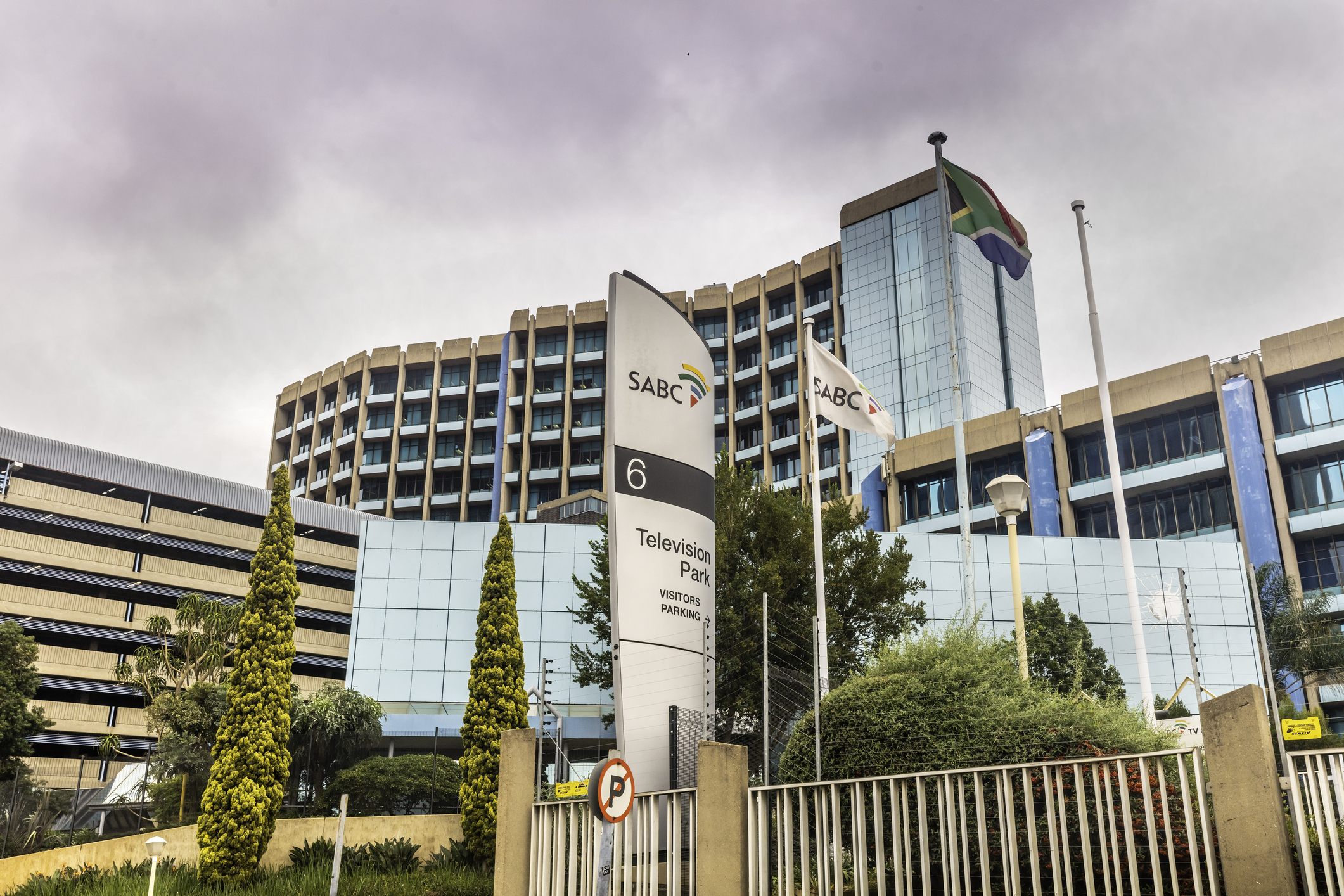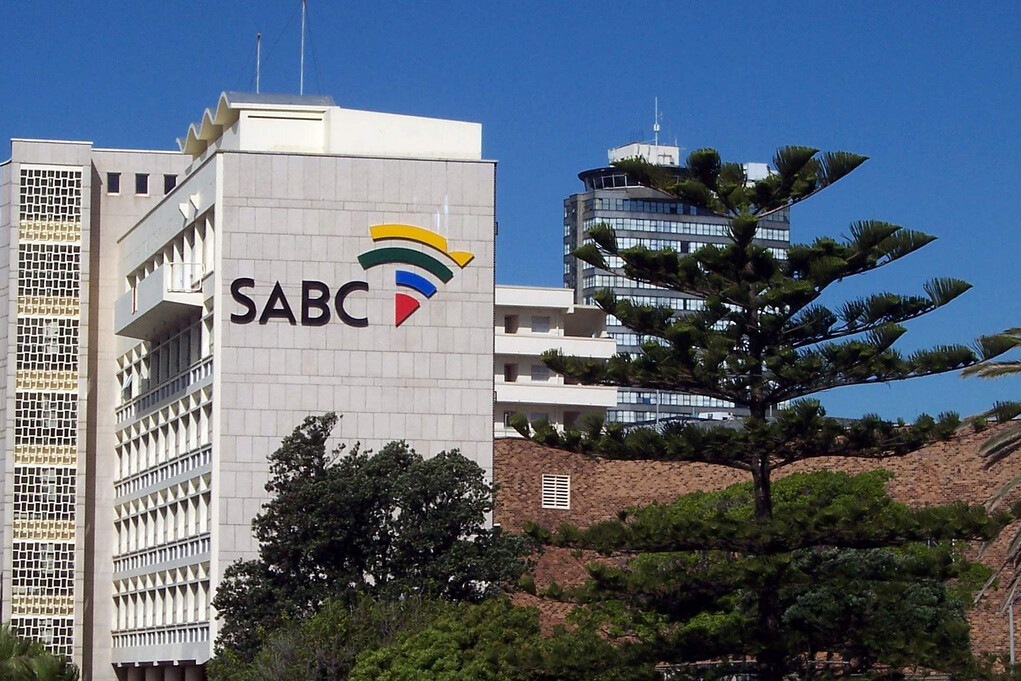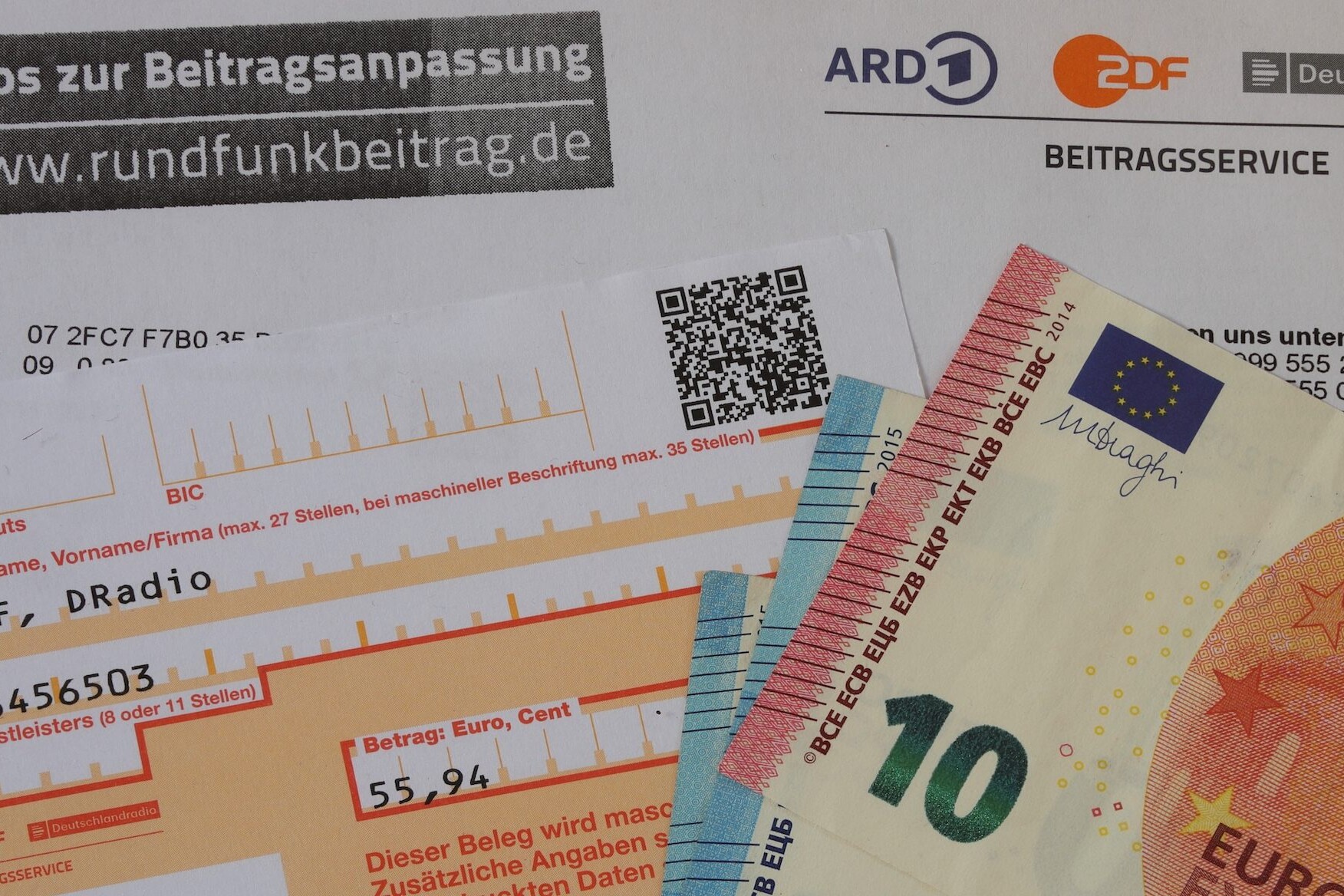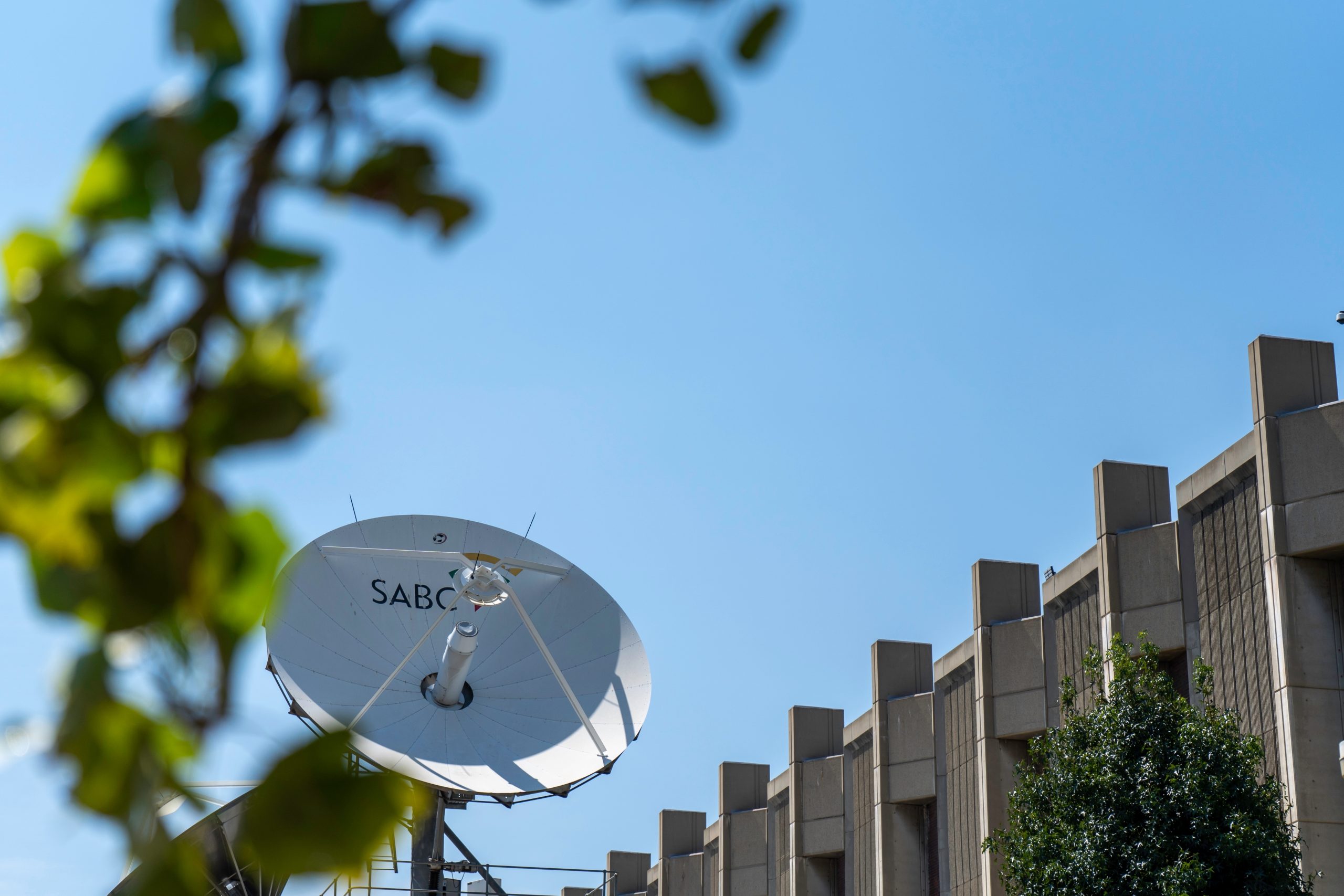Bill delayed as SABC threatened with strike
28th March 2024
After the parliamentary committee shelved the SABC Bill, the Communication Workers Union has threatened to start a full-blown wage strike at the public broadcaster, that could impact the coverage of the upcoming elections.

IN BRIEF:
- The SABC bill was put on hold by the South African Parliament as there would not be enough time to process before the upcoming elections.
- The constitutionality of the bill is being question by civil society organisation due to certain provisions of the bill.
- The labour union CWU announced it might start a large-scale strike as no agreement was met with SABC over wage dispute.
- The strike announced by the CWU might have a great impact on the coverage of the upcoming elections.
IN FULL:
South African Broadcasting Corporation (SABC) staff have threatened strike action after wage negotiations stagnated with the Communication Workers Union (CWU).
It comes after the Communications and Digital Technologies Committee announced it would be pausing work on the SABC Bill, citing insufficient time to progress it through parliament before May’s election.
Despite several months of discussion over a wage dispute, the SABC and CWU were unable to reach an agreement. While the CWU had accepted the pay rise of 6% proposed by SABC, they could not agree on how far the rise should be backdated.
SABC offered to make the payment from April this year, but the Union demanded it should be applied from April 2023 instead. As both parties were not able to reach a consensus, the CWU appealed to the parliament’s Porfolio Committee on Communications and Digital Technologies to step in and resolve the dispute, and threatened to start a large-scale strike.
Read more: SABC rocked by internal scandal; bill continues to face pressure
CWU’s National Bargaining Coordinator, Nathan Bowers explained in an interview that going on strike was their last resort. “If CWU goes on strike in the next couple of days it will hamper this general elections campaign that is in full swing right now. We sympathise with the public of South Africa it is not that the workers are deliberate, but if workers are not afforded an increase over three years and then demand a backdate and they are treated like dirt by the SABC, the SABC workers have no alternative but to bring the SABC to its knees during this election campaign.”
SABC reacted in a statement, stressing that the financial challenges of the public broadcaster were common knowledge, and they remained transparent on this point throughout the negotiations. “The SABC overstretched its financial reserves to meet the requests of Organised Labour. Throughout the negotiations, the Corporation has been cognisant of the plight of its workforce and appreciative of the contribution they continue to make towards the successful delivery of the SABC’s mandate”.
Subscribe toour newsletter
Keep updated with the latest public
media news from around the world
SABC funding: the nightmare stalls
As PMA has reported on several occasions, the South African public broadcaster’s funding situation has been in a precarious situation for some time. One of the major factors of SABC’s financial problems was the growth in licence fee evasion, which climbed to 85% for the financial year of 2022/2023, resulting in considerable funding losses.
Yet despite the urgent nature of SABC’s situation, there was criticism the government was not taking action fast enough. An SABC Bill, introduced in 2023, proposed giving three years to finalise an alternative funding plan. But the bill faced significant criticism from civil society groups that it did not provide a more immediate solution to the SABC’s ongoing financial woes.
“The lack of a definitive stance on the constitutionality of the Bill in the legal opinion raises concerns, particularly in light of the many unconstitutional and other problematic aspects that have been raised.” – SOS Support Public Broadcasting Coalition (SOS), Media Monitoring Africa (MMA), and the South African National Editors’ Forum (SANEF)
However, the bill has faced a major setback, with an announcement on 20 March that there was no longer enough time for the bill to advance through parliament before the South African elections on 29 May.
According to SABC News, the bill will be shelved and passed onto the next administration following the elections. The Committee had received written submissions but had not yet received oral submissions.
Civil society organisations expressed their relief at the decision to put the bill on hold. Additionally, SOS Support Public Broadcasting Coalition (SOS), Media Monitoring Africa (MMA), and the South African National Editors’ Forum (SANEF) maintained their point that the bill should be withdrawn as it did not provide a sustainable solution to the public broadcaster’s funding problems.
In a joint statement, the three organisations said that “even though we are relieved that the Bill will not be rushed through before the elections, the lack of a definitive stance on the constitutionality of the Bill in the legal opinion raises concerns, particularly in light of the many unconstitutional and other problematic aspects that have been raised by submitting organisations.”
New media statement: SOS, MMA, and SANEF express concern over the legal opinion obtained by the PPCC and its failure to address the constitutionality of the SABC Bill
Read more on our website: https://t.co/9gtZrhalKz pic.twitter.com/7IWKL7q90j
— SOS Coalition (@SOSCoalition) March 28, 2024
Adding to these long-term issues, the SABC has also faced the discontent of actors and writers after it planned to cut royalty fees, with writers facing similar cuts according to MyBroadband.
The importance of public media during elections
With the elections fast approaching, it is especially vital that the South African public has access to quality, independent news and information. An informed citizenry with access to well-resourced and effective public media content is better placed to fulfil their democratic rights. A sustainable and reliable source of funding is critical for public service media to provide in-depth, impartial, plural and varied information for all audiences.
PMA continues to offer its support to SABC in ensuring a viable and sustainable future for public service media in South Africa.
Related Posts
15th February 2024
SABC rocked by internal scandal; bill continues to face pressure
A scandal over an undisclosed…
5th December 2023
Funding cuts, freezes and reviews faced by many public broadcasters
Viable and sustainable funding for…


